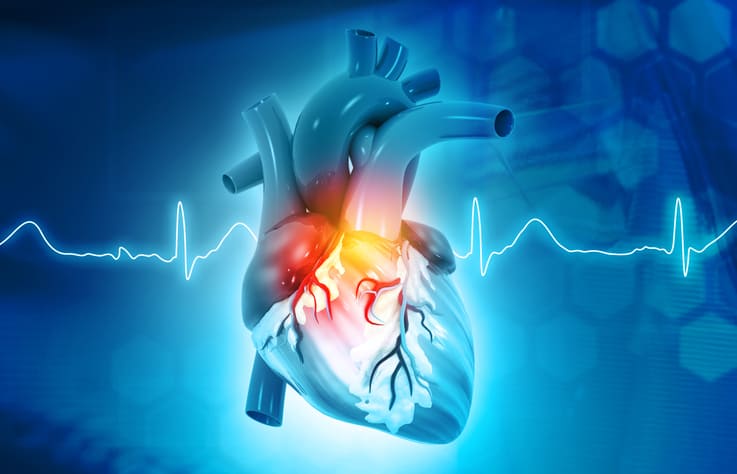Myocardial ischemia-reperfusion (I/R) injury is considered as a major obstacle of myocardial perfusion to save acute myocardial infarction, and causes a serious threat to human health. An extensive body of evidence has unveiled that mesenchymal stem cells (MSCs) as adult stem cells play a vital role in the field of damaged myocardial regeneration and repair. However, the biological role of MSCs derived-exosomes in the protection of myocardial I/R injury has not been elucidated.
In this study, we isolated and characterized MSCs from the bone marrow of rats femur and tibia. H9c2 cells were administrated to established the cellular hypoxia-reoxygenation (H/R) model, and co-cultured with MSCs and MSCs-derived exosomes.
Functional experiments revealed that MSCs and MSCs-derived exosomes inhibited H/R-induced cell apoptosis and cell autophagy. Interestingly, rapamycin as an activator of autophagy reversed the positive effects of MSCs-derived exosomes, while 3-methyladenine (3-MA) as autophagy inhibitor further promoted the effects of MSCs-derived exosomes, indicating MSCs exerted its function on H/R injury by mediating autophagy. Subsequently, we found that CHK2-Beclin2 pathway participated in H/R-induced autophagy. Mechanistically, miR-143-3p directly targeted CHK2 and negatively regulated CHK2 expression. Moreover, repression of exosomal miR-143-3p promoted H/R-induced autophagy via CHK2-Beclin2 pathway. Consistent with the results of in vitro experiments, in vivo experiments confirmed that exosomal miR-143-3p effectively reduced cell apoptosis by regulating autophagy via CHK2-Beclin2 pathway.
Collectively, our results indicated that MSCs-derived exosomal miR-143-3p might represent a promising option for the treatment of I/R injury.
Copyright © 2021. Published by Elsevier Inc.
Mesenchymal stem cell-derived exosomal miR-143-3p suppresses myocardial ischemia-reperfusion injury by regulating autophagy.


